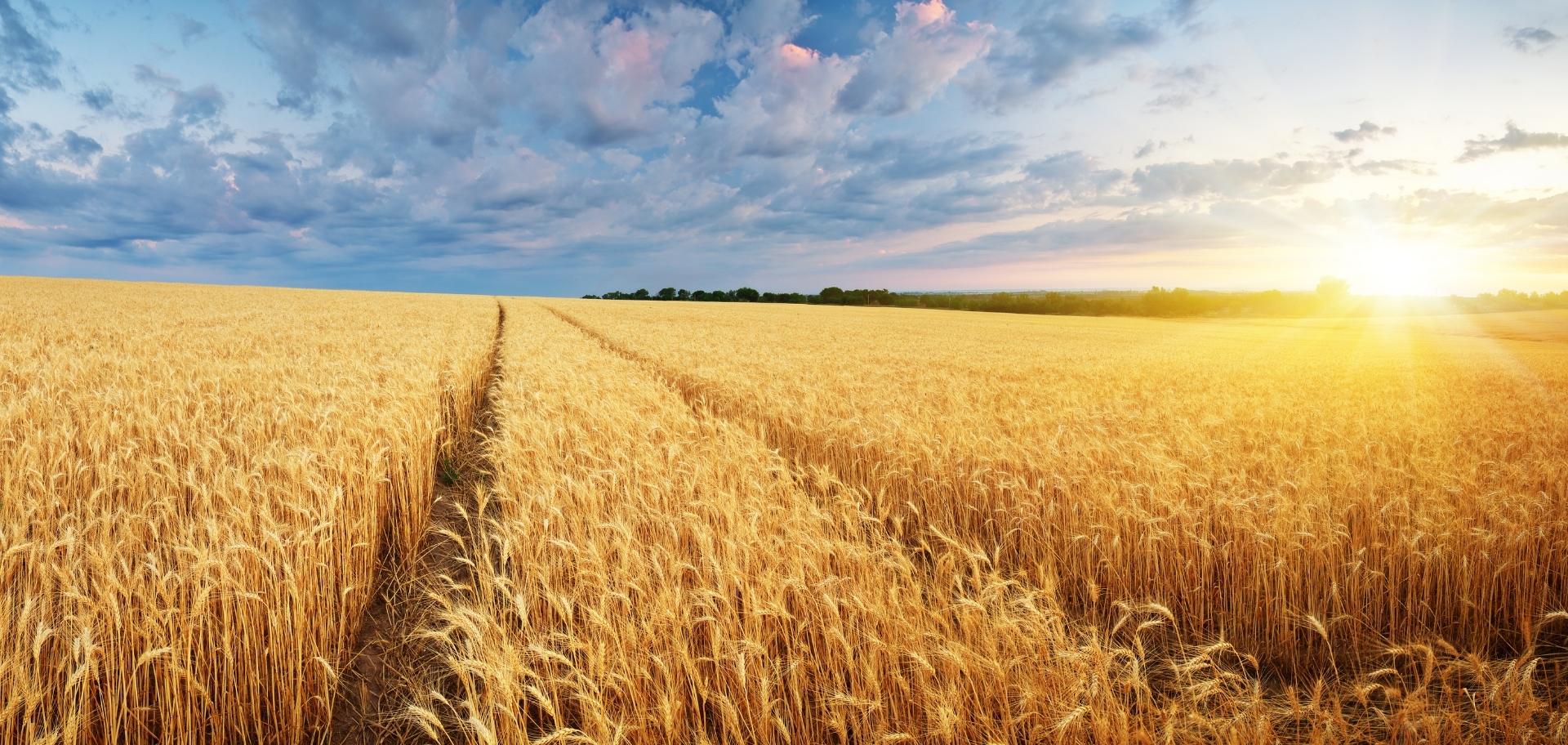Kaap Agri is an interesting, solid business that the market never seems to give enough credit to. Down around 10% so far this year, it’s certainly been a better place to put your money recently than in fancy growth stocks. Over a longer period, that hasn’t been the case. The share price is down around 27% over the past five years, reflecting the broader issues facing our country.
There are many new Kaap Agri shareholders on the register, as the unbundling by Zeder of 42.2% of Kaap Agri was concluded on 4th April.
The latest update is an interim results release covering the six months to March 2022. With revenue growth of 26.7% overall and 22.9% on a like-for-like basis, Kaap Agri is making moves. Inflation has helped here, particularly in categories like fuel, fertiliser and chemical commodities. Even if fuel is excluded, product inflation was 9.2% in this period.
EBITDA has increased by 13% and recurring Headline Earnings Per Share (HEPS) is 15% higher at 351.11 cents. Kaap Agri has a modest payout ratio, with an interim dividend of 46 cents per share declared (up from 40 cents per share in the comparable period).
As a final note on the numbers, Kaap Agri highlights that earnings in the second half are usually lower than in the first half and this expectation remains. Having said that, the substantial fuel transaction with PEG is due to close in the second half, with an expectation of it contributing three months’ worth of performance in this financial year.
Kaap Agri is directly and indirectly exposed to the fortunes of the agriculture industry. The wheat season looks good and the company attributes a positive overall feel to fruit and vegetables (unlike some toddlers), with a note that expansion in these sectors was impacted by the weather and general inflation in input costs.
Fruit exports may be under pressure this year based on supply chain challenges and pressure on market prices. That’s an important read-through for JSE-listed Mpact, as that company is exposed to fruit exports as it supplies related packaging.
With fuel prices through the roof, consumers clearly pulled back on their driving to Stay Home and Stay Solvent. Kaap Agri owns an extensive footprint of retail fuel operations and volumes at those sites fell by 4.7%. Group volumes were down 1.3%, which shows that Kaap Agri found ways to increase fuel sales beyond the pumps that we are accustomed to as consumers. Fascinatingly, retail fuel and convenience income grew by 31.7% and operating profit before tax only grew by 1.7%, so fuel price increases have no benefit for margins.
The company also highlighted that wine grape producer cashflows may come under pressure. This has spurred me into action and I’ll do my best to help with that over the course of winter.
Luckily, the flooding in KZN had little impact on Kaap Agri’s operations in the province. The company is more worried about fertiliser prices, with the Russia/Ukraine war putting pressure on input costs for farmers.
Net interest-bearing debt increased by 5.7%, reflecting the need for a larger balance sheet to handle higher working capital balances. This is a trend I’ve been writing about, as inflation builds bigger balance sheets. That’s good news for the banking sector in my view.
Kaap Agri has a strong balance sheet, a solid portfolio of operations and exposure to the core of our country. That can be a good thing or a bad thing, depending on many factors beyond the company’s control (like the weather). This interim result was a solid performance and the share price traded 3% higher in morning trade.





I will also do my bit to help with the wine grape producer cashflows issues. Hahahahahahahah!
Tough job but someone has to do it!